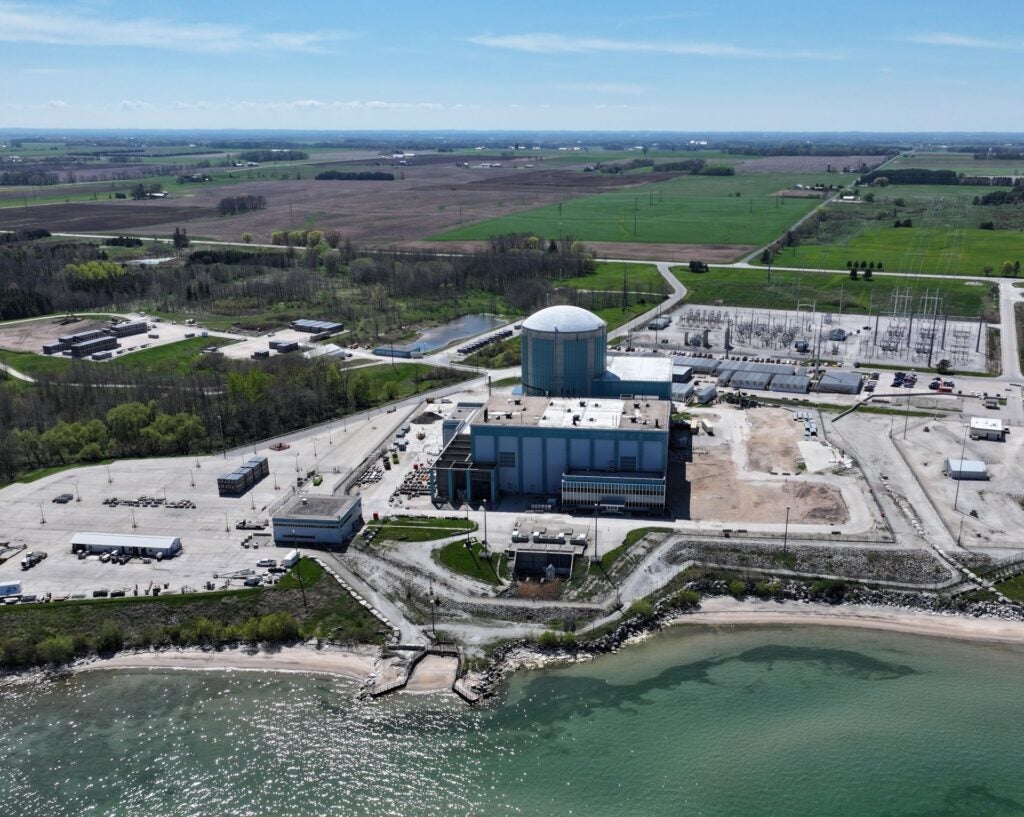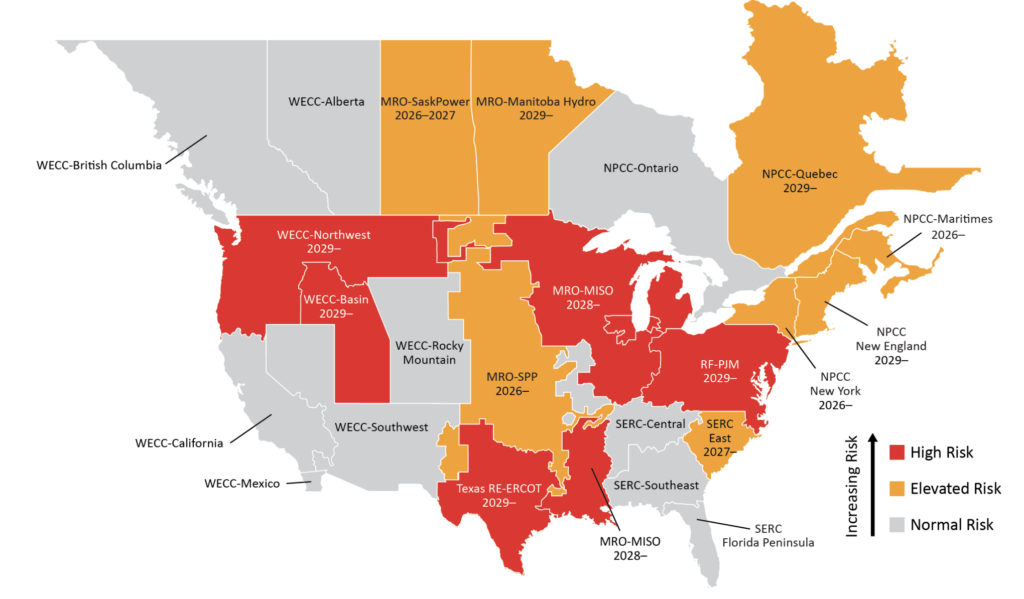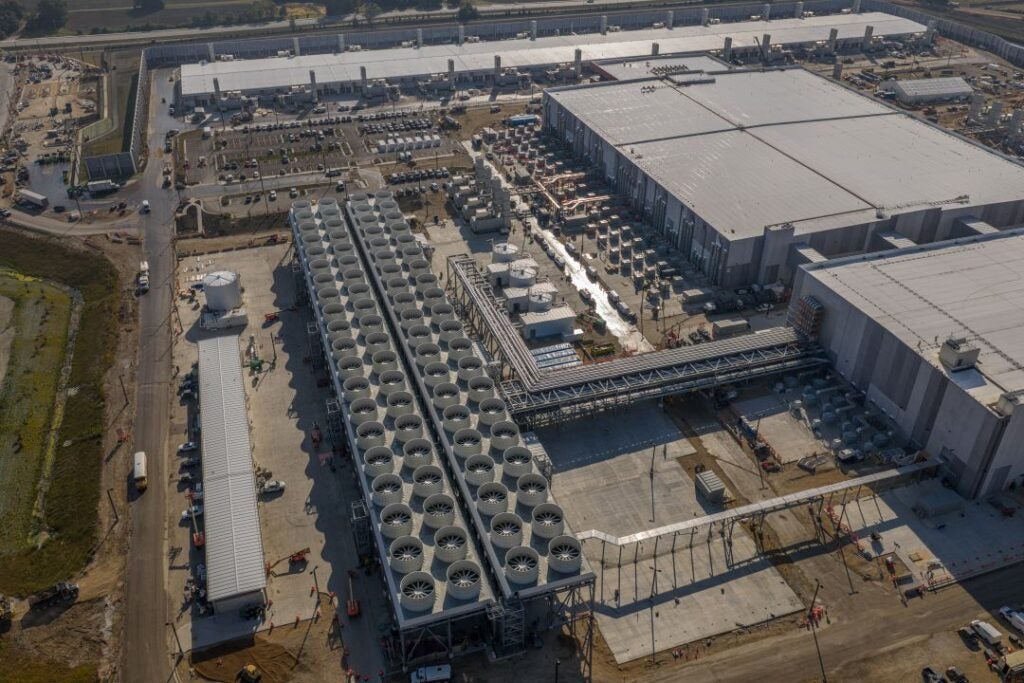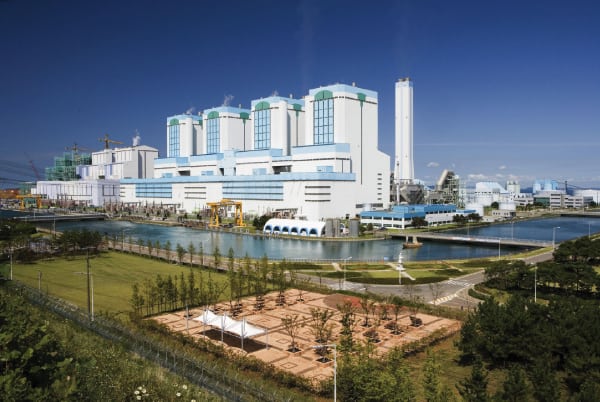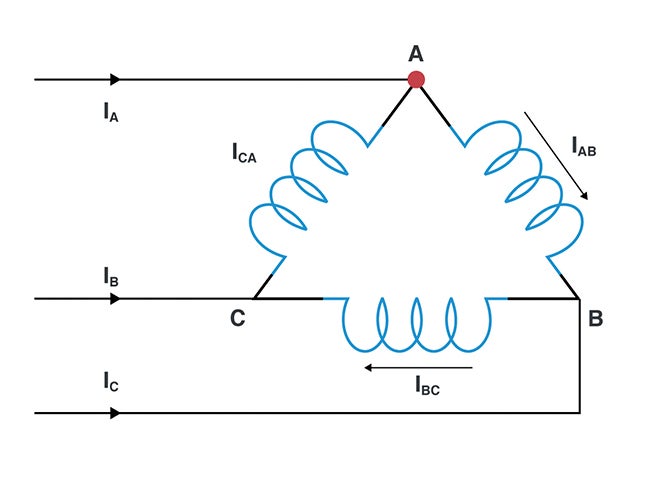In a major shakeup of a power sector currently monopolized by a state-owned giant, South Korea has moved to partially open its electricity generation market to private companies in a bid to improve efficiency, cut debt, and improve transparency.
The incremental liberalization measure means that state-owned Korea Electric Power Corp.’s (KEPCO’s) five generating subsidiaries—Korea South-East Power, Korea Midland Power, Korea Western Power, Korea Southern Power, and Korea East-West Power—will be listed on the stock market. It also includes KEPCO’s wholly owned subsidiary Korea Hydro and Nuclear Power, the company that owns and operates South Korea’s 21 nuclear power plants and produces a third of the country’s power. In addition, the government may require KEPCO to shut down its resource development business overseas and sell nine assets abroad. It also wants to partially privatize the Korea Gas Technology Corp. and KEPCO KDN, a company that provides electric power information technology services.
South Korea last embarked on privatizing KEPCO after the currency crisis of 1997, seeking to increase private holdings of the company’s shares to 40%. But privatization didn’t prove easy owing to the company’s size and the low price of power. Since then, reportedly, the government has been discouraged from continuing its electricity market restructuring process by anti-nuclear activism and labor and environmental issues. Today, transmission and retail services are still monopolized by KEPCO, and South Korea’s government holds about 51% of the company’s shares.
While details of the measure announced in mid-June are sparse, it has been reported that it could cap the private sector’s stake in KEPCO entities at 20% to 30% to preserve the government’s majority share. However, it may also allow renewable energy companies to sell power directly to consumers. Currently, private companies and individuals must trade and distribute power through KEPCO.
KEPCO has pushed back against the liberalization measure. An internal report made public this June warns that introducing competition in the power supply market could push up power prices and compromise quality of service over time. The report also predicts that “consumers will find it difficult to enjoy benefits of a diverse rate system as they have insufficient information about an individual rate system. Rather, consumer fatigue may increase because of the retail market being dominated by a handful of suppliers and a complicated rate system.”
—Sonal Patel, associate editor







